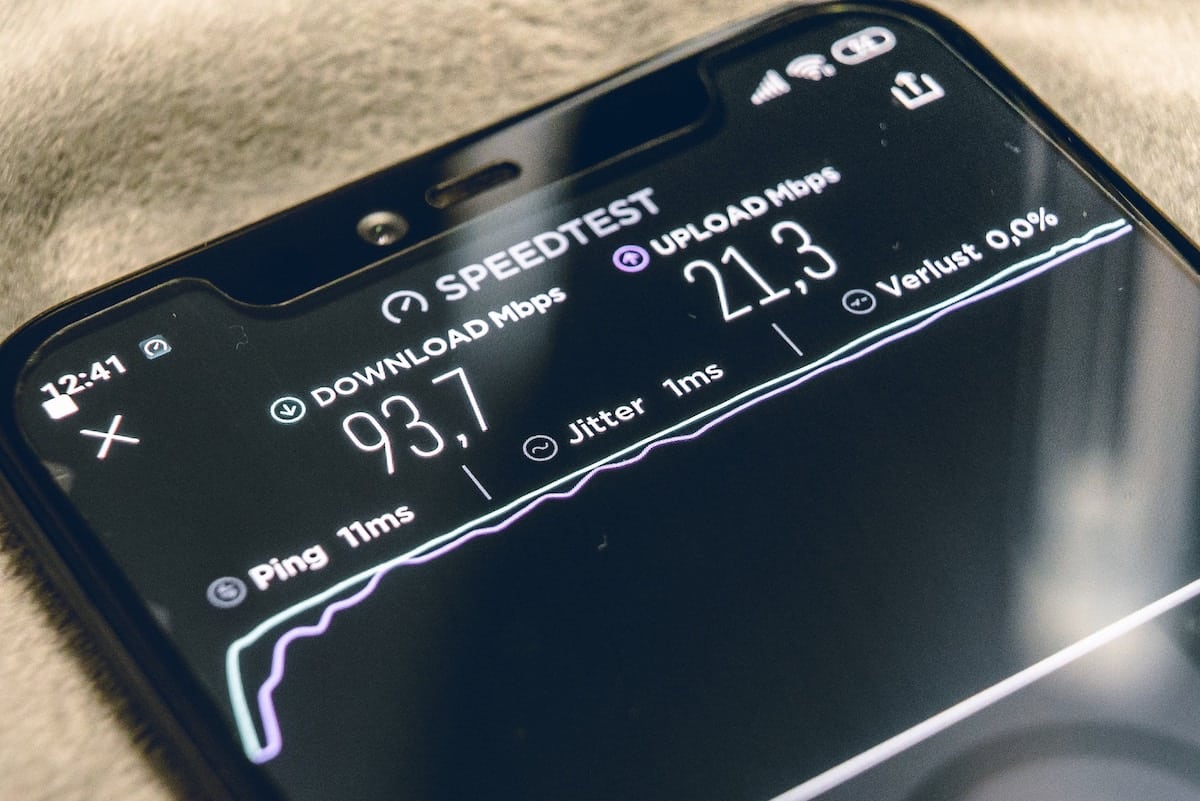When traveling, it’s a great idea to bring the internet with you. It isn’t just one of our best information resources, it’s also a source of security and endless entertainment. Here are several ways you can travel with the internet by your side, even if you’re out in the wild.
Why Bring An Internet Connection?
First, why keep connected to the internet when traveling? There are many good reasons, not least keeping up with your family and friends, so they don’t worry about you. Communicating online can also help keep you safe and provide you with valuable information that enhances your travels. For example, it’s much easier to search for local attractions than find a tourist book.
Then there’s the entertainment. Between video-sharing sites, streaming, such as Netflix and Apple TV, as well as social media, there’s no end to the fun that can be had with an internet connection. This includes games hosted online, in countries you may not think to visit. Online casinos are perfect for any avid gamer who wants access to a large library of games in one click and doesn’t want to download one game that could take away a lot of data space. Online casinos can be found in many countries, so they’re a reliable way of utilizing entertainment when abroad, especially when you have downtime back at the hotel. Travelers in or around Africa could access a South African online casino, for example, and gain access to new player bonuses like free spins on select games. With a portable internet connection, travelers can take advantage of these offers and always have their favorite entertainment options on the go.
Hunt For Hotspots & Free Wi-Fi
This is the simplest way to access the internet while traveling, especially from cities. Many businesses will have free Wi-Fi that you can connect with – this will either be advertised somewhere in the business or you’ll have to ask. A hotel you’re staying at should offer Wi-Fi too, while libraries and cafes are good for the day. Not everywhere has the same Wi-Fi infrastructure, however.
Accessing a public connection comes with restrictions and safety concerns too. Try to limit personally identifying information. You shouldn’t worry about making payments over a public network if necessary since the mainstream mobile payment processors have NFC protection, so your financial details stay encrypted.
If you can’t find Wi-Fi, turn your phone into a hotspot that can be accessed by your other devices. This can be done with most Android or iOS devices – just make sure you change the hotspot’s SSID and passcode to keep others out. If it isn’t active already, there should be a setting to enable WPA2 encryption to provide extra protection. Having unlimited data helps a lot when trying to do this.
Bring A Router, Preferably Satellite Internet
A more substantial option is to bring a router. Portable routers can be reasonably cheap and they’ll run off a USB cable, though you’ll need to give them a SIM card to enable their connections. You should remember that access to the internet will likely be charged too, though many services cater to this market and allow users to rent the internet in bursts, so no need to take out an entirely new plan.
You’ll need a battery adapter to keep the router charged, maybe a portable battery to keep your devices topped up. If you haven’t figured it out yet, this is the better option for when you’re in rural areas with no stable connection, but it takes a lot more prep work. It’s more secure than a public Wi-Fi connection, too.
The best form of Wi-Fi router is one that uses satellite internet. They won’t be as fast as the normal Wi-Fi routers, but they enable you to access the web in areas where it isn’t available. Quality may vary and there will probably be some outages, but it’s great for connecting to the internet while backpacking.
Image Credit: Photo by Mika Baumeister on Unsplash


